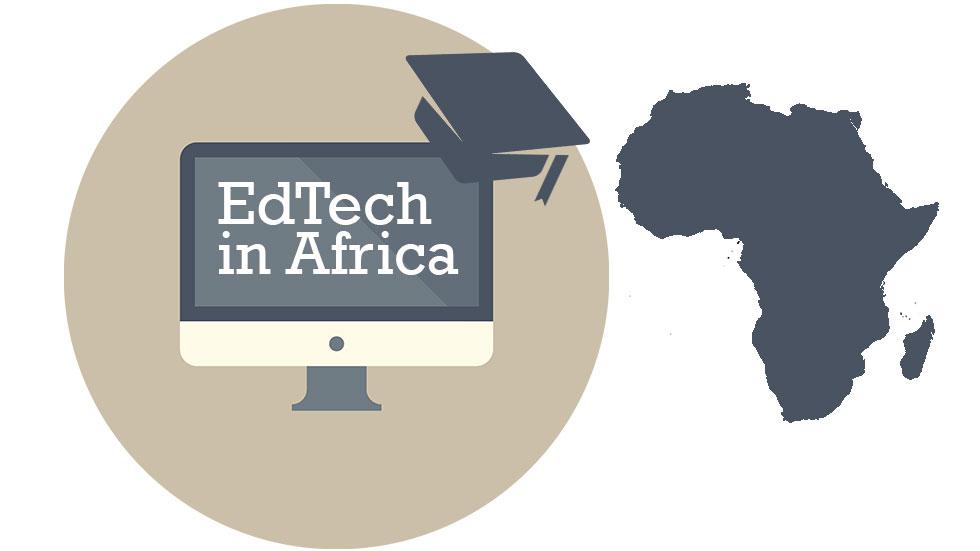The global edtech market has witnessed a heave of development, in recent past.
It is expected to grow by 17% on an annual basis over the next years to reach USD 252 billion by 2020. This expansion is nonetheless unequally shared between developed and emerging countries.
Many new as well as established stakeholders and companies are showing interest in edtech business and are initiating for a start-up. These start-ups alike other budding businesses, require favorable aura, supportive public and private investments, pre-existing infrastructure, demographics, supportive public and private investments and potential synergies with corporate partners.
The developed and emerging nations are reaching to a maturity level in this sector. In fact, the Edtech market has skyrocketed in 2000s and is expecting to emerge as the most flourishing sector sooner.
Undoubtedly, the economy of US and other Asian countries in the world are growing at a faster pace. Other regions like Africa are following but at a different pace, with a different case.
The picture of world’s second largest and second most populous continent, Africa is not-as-pleasant. According to the statistics of Africa Learning Barometer approximately, 17 million children out of 128 million middle school-aged students can never have access to school and around 37 million children won’t be able to receive regularly at least a basic education because of child labor, insecurity or lacking education policies. However, 29% of the continent can rely on a permanent access to the Internet.
As per the reports, 80% of the world population would be able to access internet within a span of four years, allowing innovative educational solutions to spread even across the remote areas.
In terms of growth, Africa is one of the fastest growing markets for mobile phones, mobile edtech or m-learning is becoming a major gateway to provide educational content inside and outside of schools.
However, the start-ups in Africa have several obstacles to overcome and grow in its eco-system. One of the biggest example is the fatal downfall of Elvis Chidera’s edtech start-up Prepup, which had over 120 000 users across West Africa at its peak, In an interview, Chidera while sharing his experience, threw some light on why it’s difficult to survive in Africa’s edtech eco-system. He stated “most of the students his start-up was targeting, battled to pay online with a debit or credit card, he had to figure out “frictionless ways” to collect payment from users. He, then, preferred direct billing but usually the revenue got split into 60% for the telephone company and 40% for the service provider and the start-up was getting only 50% of revenue.” This is one of the biggest obstacle for edtech in Africa, they’re either underfunded or do not get loans from banks. Unviable business plans and lack of investors might be a reason to it. Other than these, he also talked about the lack of internet connectivity, which eventually hampers content distribution. According to him, one cannot depend on online channels for the distribution of content, one has to get on offline mode apps that allow users to share content between two or more devices. Weak infrastructure, minimal assistance by government and its regulations are also some of the contributing factors in the tumble of edtech firms.
Although, the task of delivering education in Africa has been very challenging, but, thanks to a couple of edtech start-ups, which have done a tremendous job.
Some of the noticeable edtech companies of Africa are:
- Rethink Education: A cape town based digital platform, pushes education-related content to instant messaging platforms, while the web platform is used in schools, improving dramatically the engagement of learners.
- Ubongo: This e-learning company of Uganda works making on the studies interesting by simplifying the teaching of mathematics with fun video stories and SMS.
- Snapplify: An edtech company offers a suite of products for digital reading and e-learning to empower teachers and students to teach and learn, also focuses on content distribution, and innovation for digital education.
- Mwabu: Mwabu has come-up with an incredible combination of talent, teaching and technology together under one roof. Its method and practice of teaching enable learners to explore and learn through understanding, analyzing and solving a range of different tasks individually, in groups or with the teacher. It provides training courses and mentoring support to build teachers’ capacity to use these innovative teaching methods, and enable all learners, to progress through being actively engaged and focused.
- Kukua: This platform leverages the intersection of entertainment and technology to advance the learning of African children. Kukua has created an app –Sema Land characterizing a heroine -sema, who empowers children to follow her. Kukua’s vision is to provide an engaging, rigorous and personalized basic education to children.
- Xander Education: It consists of a number of educational apps which helps children to engage with healthy technology, learn in their own mother-tongue and have fun at the same time.
- Praekelt dig-it: Understanding the need of Quality maths, Praekelt dig-it it has designed a product that enables students to practice their skills on a mobile app while encouraging healthy competition within other students from different backgrounds on a single platform. Their Human-Centered design process recognizes the needs, incentives, and behaviours of their target users and uses that to help them on their problem areas.
Empowering the future labor force is a difficult task to perform. However, Africa is emerging as a tough competition for other edtech start-ups and sooner will eradicate the educational issues of Africa if it gets required investments and supports from stakeholders and investors and take coherent actions to trigger deeper changes in the way communities live there.
